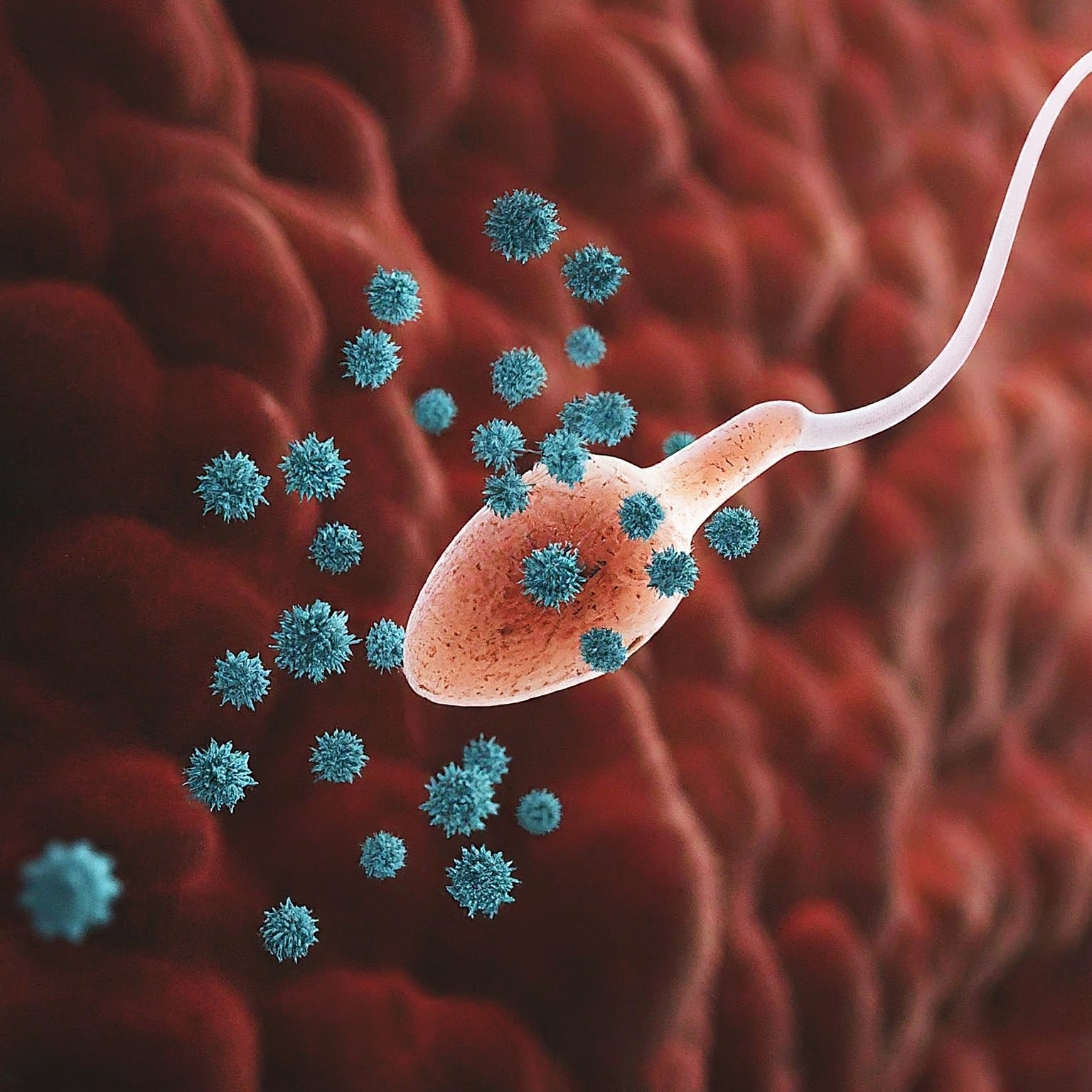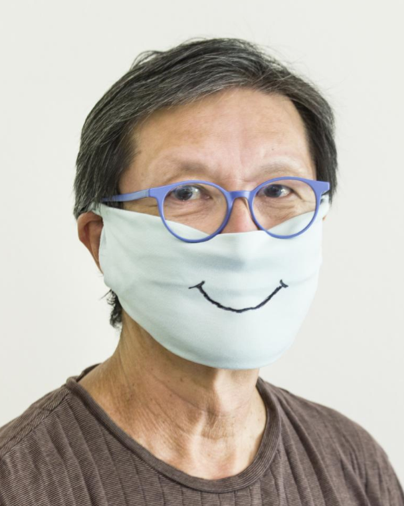
Sperm counts are in freefall, plummeting by 75% since 1940. The culprit isn’t the weather – it’s in your pantry. Australia’s scorching temperatures might be grabbing headlines, but they’re a distraction from the real threat to our fertility. Dr Devini Ameratunga, Clinical Lead of Fertility Preservation at the Royal Brisbane and Women’s Hospital has urged bosses to protect their workers’ fertility, as climate change, rising temperatures and tight tradie shorts all add to a rapid decline in the sperm quality of Queensland men. But could the real culprit behind “spermageddon” be something far more common – hiding in plain sight on our supermarket shelves – polyunsaturated, vegetable oils?
Since the 1940s, sperm counts across the Western world have been mysteriously dropping. The situation has dramatically worsened since the 1990s, with modern sperm counts now a mere quarter of those measured in 1940. Our reproductive capacity is in a tailspin, and the rate of decline is accelerating.
Like applying a bandaid to a broken leg, frantically addressing surface-level issues won’t solve the problem. While lowering the heat and making better fashion choices definitely won’t hurt, the real danger lies within: the cheap, industrial seed oils that have ruthlessly infiltrated our food supply. This isn’t about a heatwave, it’s about a century-long war on our reproductive health.
The science tells a chilling tale. Seed oils are laden with highly reactive polyunsaturated fats. When these fats meet with the oxygen we breathe, they create toxic substances – aldehydes. Think of aldehydes as tiny biological bombs, wreaking havoc on our cells. Sperm cells, with their delicate membranes, are particularly vulnerable to these attacks. These toxic compounds attack sperm directly, causing mutations, reduced motility (how well they swim), and decreased fertility.
Our bodies have natural antioxidant defences to neutralise these damaging aldehydes. But when we flood our systems with seed oils – through deep-fried foods, processed snacks, and even supposedly “healthy” margarine – we overwhelm our protective systems. This creates a state of internal oxidative stress, a biological inferno where our cellular structures, including sperm, are systematically assaulted.
The statistics are alarming. Testicular cancer, a clear sign of DNA damage, has increased fourfold since the 1940s. Meanwhile, the amount of seed oils in our diet has skyrocketed – multiplying by a factor of five. The correlation is too significant to ignore.
Focusing on Australian heat and restrictive clothing misses the bigger picture. This isn’t about swapping tradie shorts for breezy linen pants, but taking a hard look at what’s on our plates. The real issue lies within our bodies, poisoned by a flood of toxic , so called ‘healthier’, seed oils.
Framing this crisis as a mere matter of temperature or fashion is a convenient smokescreen. It shifts the blame onto individuals, absolving the corporations that mass-produce and aggressively market these potentially harmful fats. Don’t get me wrong, working in extreme heat and wearing tight clothing won’t help, but it misdirects attention from the true culprit.
The heat narrative is a distraction concealing the deeper crisis. What lurks beneath the surface is a potential catastrophe fueled by a century of dietary manipulation. To regain control, we need a drastic shift in our food system. We will not accept anything less than:
- Transparency: Clear labelling of all seed oils in our food supply.
- Science-backed dietary guidelines: Information that reflects the growing research on the potential dangers of excessive seed-oil consumption.
- Consequences for health bodies that continue to recommend seed oils despite the danger: Demand accountability from these institutions and call attention to the potential harm caused by outdated and potentially harmful recommendations.
- Support for a return to traditional fats: Promotion of healthy fats like butter, ghee, fruit oils (Olive, Avocado and Coconut), and animal fats. Reframing these as a safer and more sustainable option.
It’s time to question the ingredients (and institutions) we’ve blindly trusted. Silence from health authorities is complicity in the deliberate poisoning of our population.
Our future depends on our ability to demand better from the food industry. It’s time to question the status quo and make the hard choices necessary to reclaim our reproductive health. If not, the consequences could be devastating – a silent unravelling of our ability to reproduce.
Ditching seed oils, rediscovering the joys of real butter and animal fat will give our swimmers a fighting chance. And let’s be honest, a world where good food fuels both a healthy body and a healthy population sounds like a win-win.

















Recent Comments